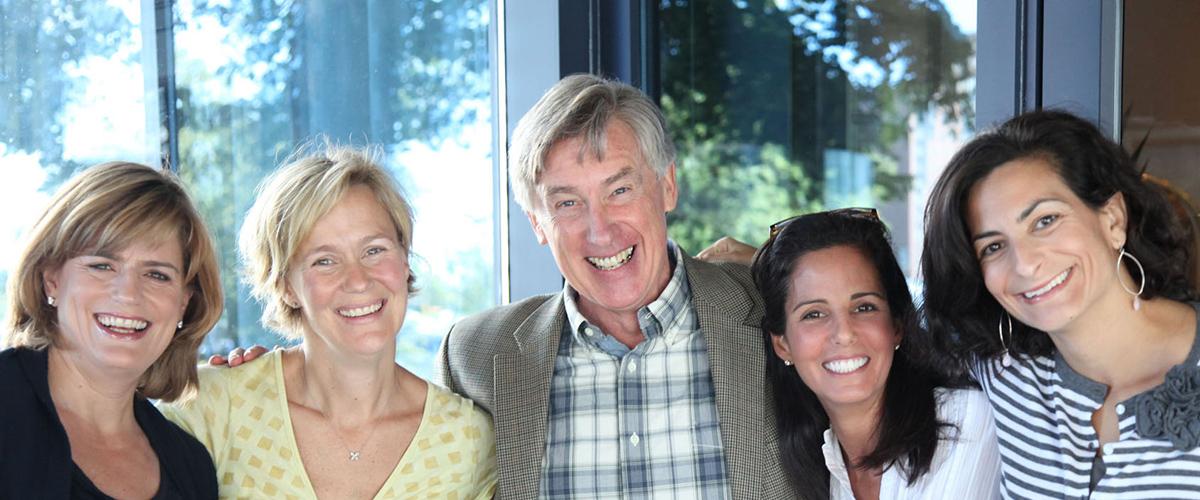Supporting Trainees in Myotonic Dystrophy
MDF has completed its annual competition for 2019 PhD Trainee and Postdoctoral Research Fellowships in Myotonic Dystrophy. Trainees could apply for support for projects focused on basic, translational, or clinical research in myotonic dystrophy (DM). This program not only supports meritorious research, but also helps continue to build a critical mass of researchers engaged in work on DM.
Twelve applications were received (4 predoctoral and 8 postdoctoral) for this program. The applications were reviewed by a highly experienced peer review team which included eight established scientists with strong experience and expertise. Three applicants were selected for funding, with two accepting awards (the third applicant had since received other funding for their training).
2019 Fellowship Recipients
Dr. Shruti Choudhary, a postdoctoral fellow working in the Department of Chemistry, Scripps Research Institute/Scripps Florida, received support for her work under the supervision of Dr. Matt Disney. Dr. Choudhary will work to develop a novel strategy to eliminate toxic RNAs by appending small molecules (that bind selectively to the target RNAs) to a nucleic acid cleaving moiety which will cleave the disease-causing RNAs. This groundbreaking approach has the potential to establish a completely new paradigm for designing small molecules that target toxic structured RNAs implicated in the pathophysiology of DM1.
Mr. Carl Shotwell, a Ph.D. candidate graduate student in the Center of NeuroGenetics, University of Florida, received support for his work under the supervision of Dr. Andy Berglund. With Dr. Berglund’s recent move to direct the RNA Institute at the University of Albany, Mr. Shotwell’s Ph.D. dissertation project will bridge across the two institutions. Mr. Shotwell will engineer and test synthetic proteins to probe the many cellular functions of Muscleblind (MBNL) proteins. The underlying premise of the work is that artificial MBNL proteins can be engineered to be taken up directly by cells, preferentially bind the toxic CUG repeats, and restore proper MBNL1 regulation of transcript processing. Reagents developed here can advance understanding of the role of MBNL in gene regulation, as well as potentially lead to novel therapeutic strategies.

